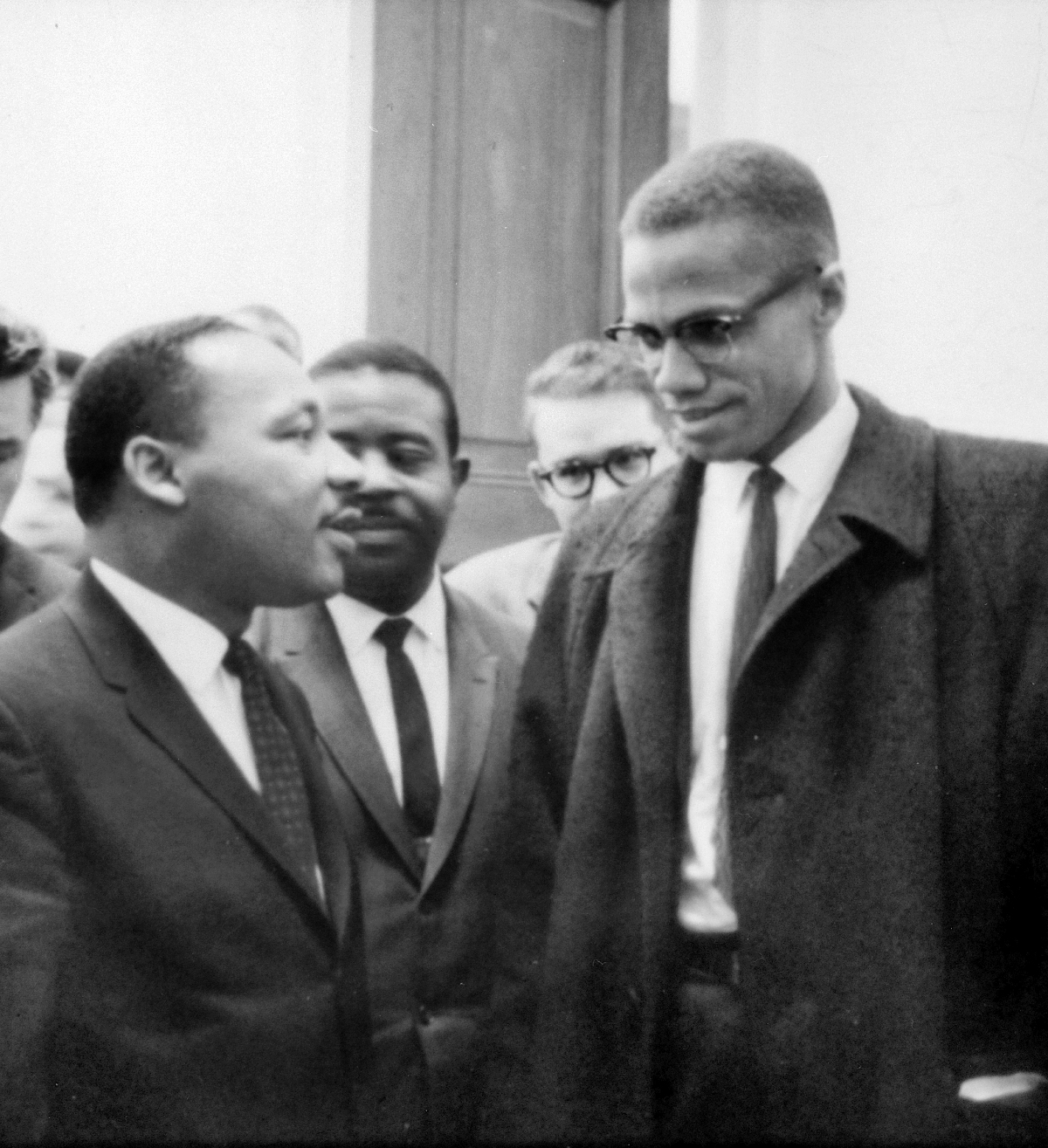The latest film by acclaimed director Spike Lee provides a perceptive commentary on the atrocities inflicted by capitalism on the working class, black Americans, and the victims of imperialism alike. To end war and its horrors, we must end capitalism.
Spike Lee’s new film, Da 5 Bloods, is not your typical American Vietnam War movie.
Four black US veterans travel back to Vietnam to retrieve the remains of a fallen comrade: “Stormin’” Norman Holloway. However, his lost remains were not the only thing they left behind on the battlefield. The group also left a large cache of gold bars. The bars were part of a US payment to a Vietnamese community that was supporting the US against the North Vietnamese Army (NVA).
The group make the return journey, joined by a stowaway son, to retrieve the gold and Stormin’ Norman’s remains – and perhaps to get some closure on their inglorious past. It’s a comical and emotional journey, as ghosts of their past creep up on them, tormenting their minds.
One veteran, a Trump supporter adorned with a MAGA cap, plays havoc with the group. He’s clearly unhinged from the war and suffers from PTSD. His mixed-up politics and racial slurs are the result of trauma. Towards the end, he deteriorates into hallucinations, recalling the widespread abuse of narcotics amongst US soldiers to escape from the horrors of war.
 None of the former soldiers covers themselves in glory on the journey. Nevertheless, the expedition becomes a cathartic one for them as they start to realise how their actions and lives have been lived in opposition to Norman’s teachings and values.
None of the former soldiers covers themselves in glory on the journey. Nevertheless, the expedition becomes a cathartic one for them as they start to realise how their actions and lives have been lived in opposition to Norman’s teachings and values.
Stormin’ Norman was a “true brother”, a follower of Malcolm X and MLK. He understood what the system was all about. His original aim was to use the gold for black liberation. In their retrieval of the gold, the comrades find that they have become separated from Norman’s message and ideals.
Throughout the movie, historical facts and footage are splintered within the storyline, depicting the unjust treatment of black soldiers and the inhumanity of US atrocities against the Vietnamese. Disproportionate numbers of working-class soldiers were conscripted to Vietnam. This inevitably meant that a disproportionate number of black Americans were given combat roles.
In fact, the film clearly explains that the Vietnamese and the black soldiers were both victims of the US capitalist-imperialist state, and that their interests align. Despite the ‘American Hollywood vibe’ and a hint of US victimhood, the film correctly shows that none of the ideals of Norman have been met to this day.






